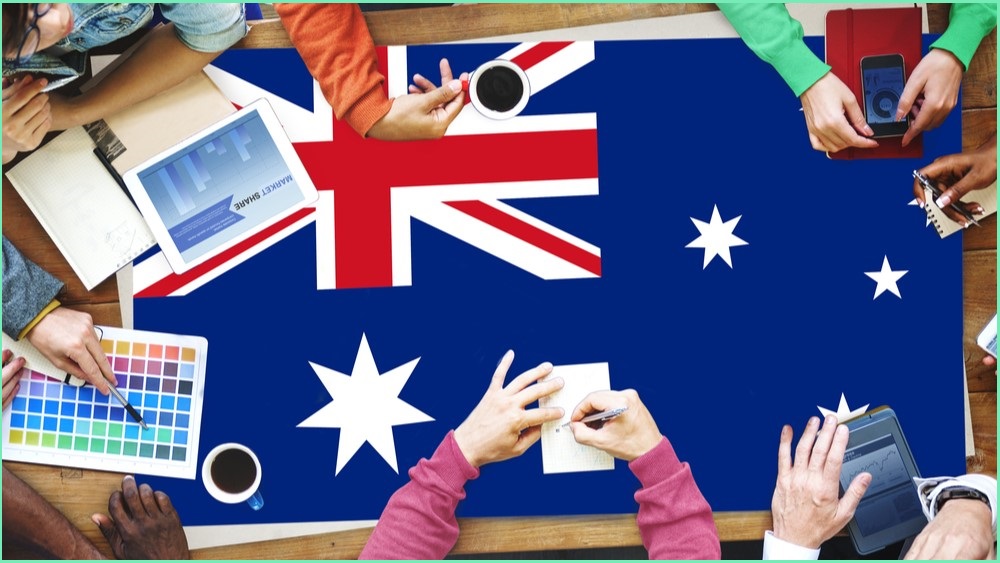Australian small tech firms should be given the chance to showcase their abilities to the federal government in a ‘sandbox’ environment that presents pathways to larger procurements, a bipartisan Senate committee report has urged.
The Finance and Public Administration References Committee, chaired by Liberal senator Richard Colbeck, tabled its report on supporting the development of sovereign capability in the Australian tech sector late last week.
The report includes a number of recommendations aiming to better open up government procurement to Australian tech firms and address issues around conflicts of interest and misalignment between grants programs and procurement.
The inquiry was launched in December last year with an aim to ensure more of the federal government’s $74.8 billion annual spend on goods and services across more than 80,000 contracts is directed towards local SMEs.
Tech-related spending accounts for an estimated 20 per cent of this procurement bill, including about $4.9 billion on computing services and $1.2 billion on software products and services.
But the committee heard widespread concerns that the federal government is too reliant on large multinational tech vendors, and that smaller local tech firms are struggling to access these lucrative opportunities.
To help address this, the bipartisan report recommended that the Department of Industry’s existing Business Research and Innovation (BRII) program be expanded to include a ‘sandbox’ environment.
This would allow emerging sovereign tech firms to demonstrate their abilities to government officials by solving public sector problems in an environment outside of standard procurement processes.
The BRII currently aims to help SMEs access Commonwealth procurement by providing grants to companies for the solving of public sector challenges in need of a market solution.
The program “incentivises businesses to invest in research and development to find solutions to these challenges, enabling SMEs to propose new ideas to policy and service delivery problems”, and has dished out $6.67 million in grants to 17 SMEs so far.
Defining sovereignty
The committee also recommended that the government develop a “clear and operational” definition of sovereign capability to be integrated with its Future Made in Australia policy.
This should help address issues the committee heard about the concept of value for money being “misinterpreted” to be defined solely as the lowest cost and not take into account retained economic benefit.
It should also look to increase current procurement targets for SMEs, which are for at least 20 per cent of procurement by value to be from these companies, and 35 per cent of contracts by value to smaller firms, with a value of up to $20 million, the committee said.
The government’s flagship Future Made in Australia package and Buy Australia Plan present an opportunity to improve the public sector’s tech capabilities, the committee said.
“The committee is concerned about the APS’s lack of expertise and capability when it comes to the procurement of tech, and procurement capability generally,” the report said.
“The new frameworks of the Buy Australia Plan and Future Made in Australia provides an opportunity for government to continue work to improve APS procurement capability.”
What is an ‘Australian’ company?
In additional comments to the final report, independent senator David Pocock said the working definition of an Australian SME under procurement rules needs to be amended.
Under the current rules, a foreign-owned and operated tech multinational with less than 200 employees is defined as an Australian SME so long as it has an Australian Business Number.
“A number of Australian-owned and operating tech SMEs submitted their frustration with these arrangements, arguing that it distorted the playing field in favour of foreign suppliers dominating government procurement opportunities in Australia,” Pocock said.
Pocock urged the government to change the definition of a local SME under the procurement rules to include that it is at least 51 per cent owned by Australian shareholders, at least 51 per cent owned by Australian directors, headquartered in Australia and is not a subsidiary of a company that is not a sovereign Australian SME.










